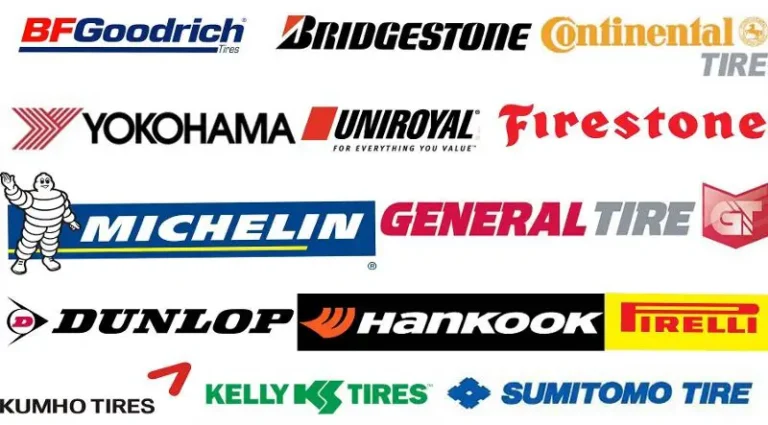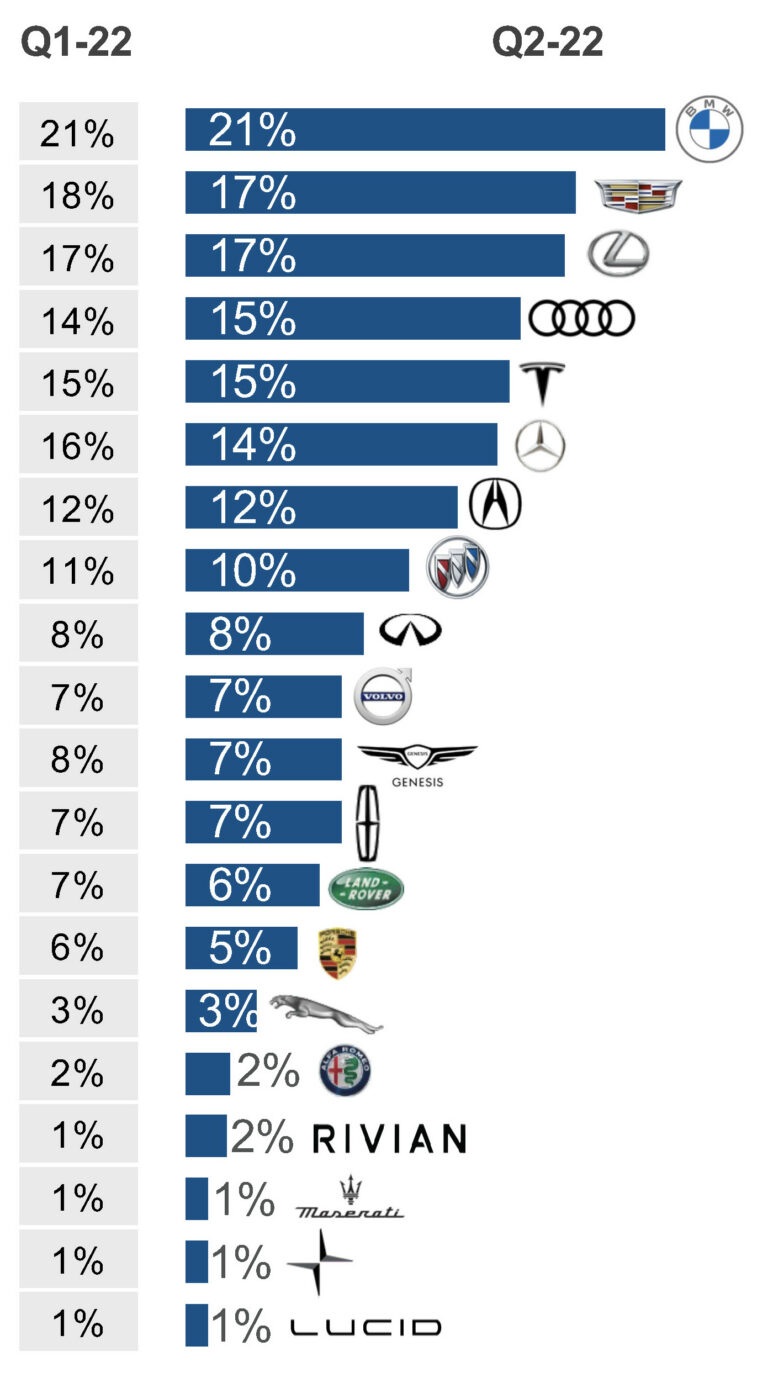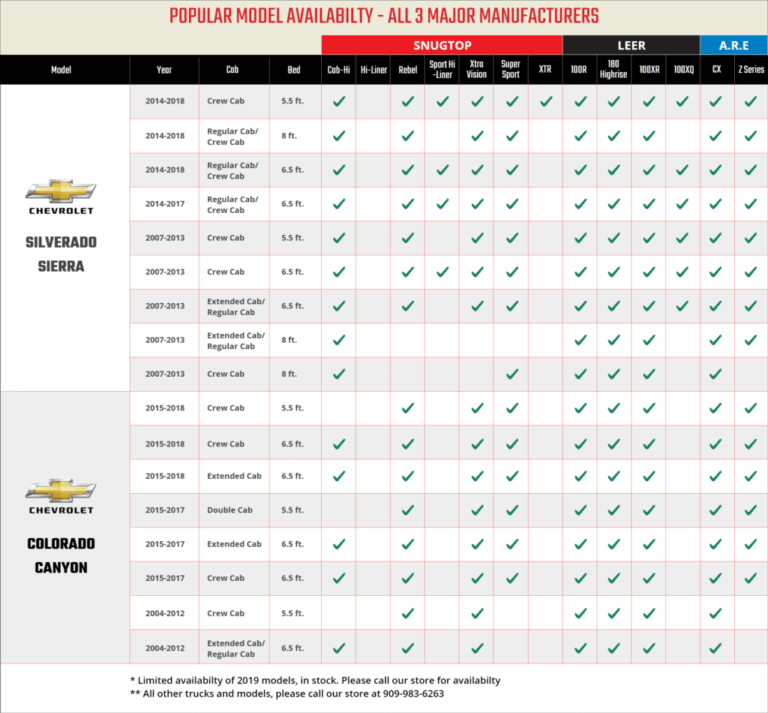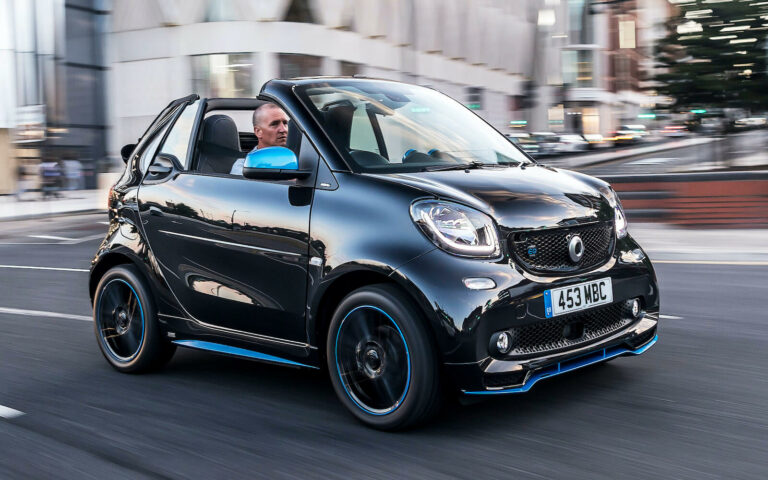What Is The Cheapest Brand New Car? Navigating the Entry-Level Automotive Market
What Is The Cheapest Brand New Car? Navigating the Entry-Level Automotive Market cars.truckstrend.com
In an era of rising car prices, the quest for an affordable, brand new vehicle has become more pertinent than ever. For many, a new car represents not just transportation, but also the peace of mind that comes with a manufacturer’s warranty, the latest safety features, and the assurance of no prior owner issues. But what exactly constitutes "the cheapest brand new car," and what should one expect when venturing into this budget-conscious segment of the automotive market?
This comprehensive guide will demystify the concept of the cheapest brand new car, exploring the top contenders, delving into the true costs of ownership beyond the sticker price, and offering practical advice for navigating this unique buying landscape. Whether you’re a first-time buyer, a student, or simply someone looking for reliable transportation without breaking the bank, understanding the cheapest new car options is your first step towards smart automotive ownership.
What Is The Cheapest Brand New Car? Navigating the Entry-Level Automotive Market
The Elusive "Cheapest": Understanding the Landscape
Pinpointing a single "cheapest brand new car" is often like trying to hit a moving target. Prices fluctuate due to manufacturer incentives, dealer markups, regional variations, and even the time of year. However, when we talk about the "cheapest," we primarily refer to the Manufacturer’s Suggested Retail Price (MSRP) for the base model, before any optional extras, destination charges, taxes, or dealer fees.
The vehicles in this category are typically designed with affordability as their core principle. This means they often feature smaller engines, more basic interiors, fewer high-tech gadgets, and simpler styling compared to their more expensive counterparts. Yet, thanks to modern automotive regulations and consumer demands, even the most budget-friendly new cars today come equipped with essential safety features and increasingly capable infotainment systems. The challenge lies not just in finding the lowest sticker price, but in understanding the true value and long-term cost of ownership.
Contenders for the Crown: Top Budget-Friendly Brand New Cars (Approx. 2023-2024 Models)
While the absolute cheapest car can shift, a few models consistently vie for the title in major markets like the United States. These vehicles prioritize essential transportation and fuel efficiency over luxury or performance, making them ideal for budget-conscious buyers.
Here are some of the leading contenders, along with a brief overview of what they offer:
- Mitsubishi Mirage: Often cited as the absolute cheapest new car, the Mirage (and its sedan sibling, the G4) offers exceptional fuel economy and a surprisingly long warranty (10-year/100,000-mile powertrain). It’s a no-frills subcompact, best suited for city driving and short commutes.
- Nissan Versa: A popular choice for its balance of affordability, decent interior space, and surprisingly modern tech for its price point. The Versa often includes standard safety features like automatic emergency braking, making it a strong value proposition.
- Hyundai Venue: Positioned as a subcompact SUV, the Venue offers a slightly higher driving position and a more rugged appearance than traditional sedans, while maintaining a very competitive price. It comes with Hyundai’s excellent warranty and a user-friendly infotainment system.
- Kia Forte: While slightly more expensive than the top three, the Forte often creeps into the "cheapest" discussions due to its robust standard features, appealing design, and Kia’s industry-leading warranty. It offers a more conventional compact sedan experience.
- Chevrolet Trax: The redesigned Trax has re-entered the budget-friendly SUV segment with a more appealing design, increased space, and updated technology, making it a compelling option for those seeking a crossover at a low price point.
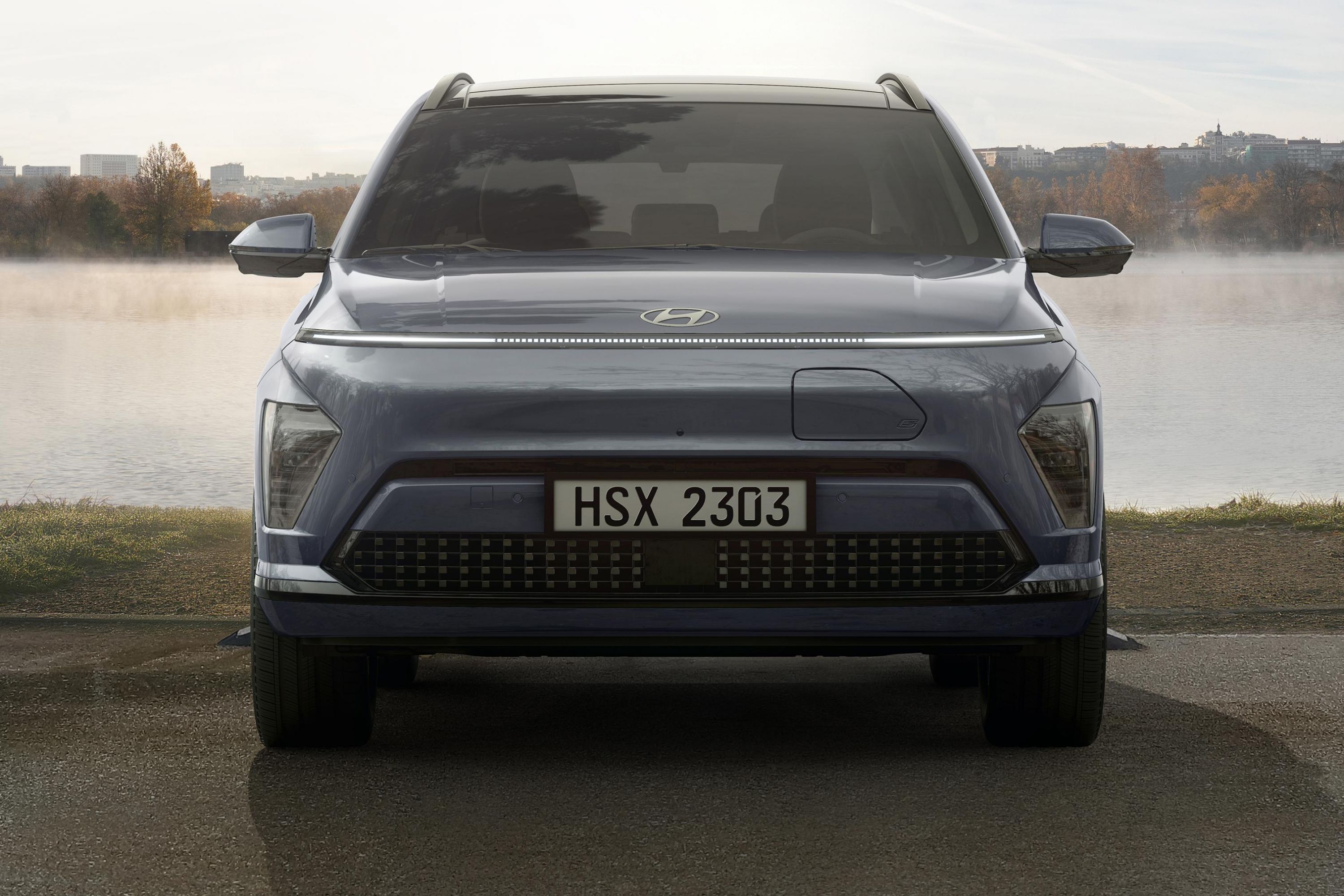

It’s crucial to remember that these are starting MSRPs for the absolute base model. Adding even minor options or choosing a different trim level will increase the price. Always verify current pricing with local dealerships.
Beyond the Sticker Price: The True Cost of Ownership
While a low MSRP is a fantastic starting point, the "cheapest" car isn’t just about what you pay upfront. The true cost of ownership encompasses several factors that can significantly impact your long-term budget.
- Fuel Efficiency: Smaller engines often mean better gas mileage, which translates to lower fuel costs over the vehicle’s lifespan. Most budget-friendly cars excel here, offering upwards of 30-40 MPG combined.
- Insurance Costs: Insurance premiums are influenced by many factors, including the car’s value, repair costs, safety ratings, and the driver’s profile. Sometimes, very affordable cars popular with new drivers can have surprisingly high insurance rates.
- Maintenance and Repairs: Brand new cars come with a warranty, significantly reducing repair costs in the initial years. However, consider the long-term reliability reputation of the brand and the cost of routine maintenance (oil changes, tires, etc.).
- Depreciation: How much value does the car lose over time? While all new cars depreciate, some models hold their value better than others. Researching resale values can provide a clearer picture of the car’s true long-term cost.
- Financing Costs: Unless you’re paying cash, the interest rate on your car loan will add to the overall cost. A lower purchase price means a smaller loan amount, which can save you significantly on interest over the loan term.
- Registration, Taxes, and Fees: Don’t forget state-specific registration fees, sales tax (if applicable), and dealership documentation fees. These can add hundreds or even thousands to the final price.

What to Expect from a Cheapest Brand New Car
Managing expectations is key when shopping for an entry-level vehicle.
Pros:
- Affordability: The primary benefit, allowing access to new car ownership without a massive financial outlay.
- New Car Warranty: Peace of mind against unexpected mechanical issues for several years.
- Reliability: Brand new vehicles typically offer years of trouble-free operation.
- Modern Safety Features: Even base models often include essential safety equipment like multiple airbags, stability control, and sometimes even advanced driver-assistance systems (ADAS) like automatic emergency braking.
- Fuel Efficiency: Generally excellent, leading to lower running costs.
- Clean Slate: No unknown maintenance history or previous owner issues.
Cons:
- Basic Features: Expect manual windows, smaller infotainment screens (or none), steel wheels with hubcaps, and minimal creature comforts.
- Lower Power & Performance: Engines are typically small and focused on efficiency, not speed.
- Less Refined Interiors: Materials may feel less premium, and sound insulation might be minimal.
- Smaller Size: Most cheapest new cars are subcompacts, limiting passenger and cargo space.
- Limited Customization: Fewer trim levels, colors, and optional features available.
- Road Noise: Can be more pronounced compared to larger, more insulated vehicles.
Practical Advice for Buying the Cheapest Brand New Car
Purchasing an entry-level vehicle requires a smart approach to ensure you get the best deal and the right car for your needs.
- Know the True MSRP: Research the base model’s official MSRP from the manufacturer’s website. This is your baseline for negotiation.
- Check Local Inventory: Base models are often in limited supply at dealerships, as they prefer to sell higher-trim, more profitable vehicles. Be prepared to search or potentially order.
- Be Flexible: If you’re dead-set on the absolute cheapest, you might need to be flexible on color or minor features.
- Negotiate Smartly: Even on budget cars, there’s often room for negotiation, especially on the "destination charge" or "documentation fees." Don’t be afraid to ask for a lower price.
- Look for Incentives and Rebates: Manufacturers frequently offer cash-back incentives or special financing rates that can significantly lower the final price. Check their websites.
- Secure Financing Beforehand: Get pre-approved for a loan from your bank or credit union. This gives you leverage at the dealership and helps you understand your true monthly payment.
- Test Drive Thoroughly: Just because it’s cheap doesn’t mean it shouldn’t meet your basic comfort and driving needs. Pay attention to road noise, seat comfort, and overall driving dynamics.
- Understand the Warranty: This is a major benefit. Know what’s covered and for how long.
- Factor in "On-the-Road" Costs: Get an out-the-door price that includes all taxes, fees, and charges before signing anything.
When a "Cheapest New Car" is the Right Choice (and When it’s Not)
It’s the Right Choice If:
- You’re a First-Time Buyer: A new, affordable car provides a great entry point into car ownership without the complexities of a used vehicle.
- You Have a Strict Budget: It’s the most direct path to a new vehicle within tight financial constraints.
- You’re an Urban Commuter: Small size, great fuel economy, and easy maneuverability make these cars ideal for city driving and parking.
- You Need a Reliable Second Car: Perfect for errands, short commutes, or as a backup vehicle.
- You Prioritize Warranty and Peace of Mind: The factory warranty offers significant protection against unexpected repairs.
- You Value Fuel Efficiency: These cars are designed to sip gas, saving you money at the pump.
It Might Not Be the Right Choice If:
- You Need Space: For large families or frequent cargo hauling, these cars will likely feel cramped.
- You Do Long-Distance Driving Regularly: While capable, their basic nature might make long journeys less comfortable or tiring.
- You Prioritize Performance or Luxury: These vehicles are designed for practicality, not thrills or premium features.
- You Need Towing Capacity: Most entry-level cars have little to no towing capability.
- You Desire Advanced Tech: While they have essential tech, cutting-edge infotainment, advanced driver-assistance systems, or luxury features are typically absent.
Table: Approximate Starting MSRPs for Cheapest Brand New Cars (USA Market, 2023-2024 Models)
| Make | Model | Body Style | Approx. Starting MSRP (Base Model) | Key Feature/Note |
|---|---|---|---|---|
| Mitsubishi | Mirage | Hatchback | $16,695 | Best fuel economy, 10-year powertrain warranty. |
| Mitsubishi | Mirage G4 | Sedan | $17,795 | Sedan version of the Mirage. |
| Nissan | Versa | Sedan | $19,090 | Good interior space, standard safety features. |
| Hyundai | Venue | Subcompact SUV | $19,800 | SUV styling, excellent warranty, user-friendly tech. |
| Kia | Forte | Sedan | $19,990 | Stylish design, robust standard features, great warranty. |
| Chevrolet | Trax | Compact SUV | $21,495 | Redesigned for 2024, more spacious and modern. |
Note: Prices are approximate starting MSRPs for the base model, excluding destination charges, taxes, and fees. Actual prices may vary by dealer and location. Always confirm current pricing.
Frequently Asked Questions (FAQ) about the Cheapest Brand New Car
Q1: Is the cheapest new car reliable?
A1: Generally, yes. Brand new cars, even entry-level ones, benefit from modern manufacturing standards and come with a factory warranty. Brands like Mitsubishi, Hyundai, and Kia often offer excellent warranty periods, indicating manufacturer confidence in reliability.
Q2: Do cheap new cars have good safety features?
A2: Yes, increasingly so. While they may lack the most advanced driver-assistance systems (ADAS) found in higher trims, all new cars sold today must meet stringent safety regulations. They come with multiple airbags, anti-lock brakes, and electronic stability control. Many also offer standard automatic emergency braking.
Q3: Can I get a good warranty on a cheap new car?
A3: Absolutely. In fact, some of the brands known for offering the cheapest new cars (e.g., Mitsubishi, Hyundai, Kia) also offer some of the industry’s best warranties (e.g., 5-year/60,000-mile basic and 10-year/100,000-mile powertrain).
Q4: Are cheap new cars good for long commutes?
A4: They can be, but it depends on your comfort preferences. While fuel-efficient, their basic interiors, smaller engines, and potentially higher road noise might make very long commutes less comfortable than in a larger, more refined vehicle. For most average commutes, they are perfectly adequate.
Q5: Should I buy a used car instead of the cheapest new car?
A5: It depends on your priorities. A used car often offers more features or a larger vehicle for the same price. However, a new car provides a full warranty, the latest safety tech, and the assurance of no hidden mechanical issues. For peace of mind and predictability of costs, a new car is often preferred, especially if you plan to keep it for many years.
Q6: What about electric vehicles (EVs) in the budget category?
A6: As of late 2023/early 2024, fully electric vehicles are generally still more expensive than the cheapest gasoline-powered cars. While prices are coming down, and some models like the Chevrolet Bolt EV offer good value, they still typically start significantly higher than the $16,000-$20,000 range of the cheapest gas cars. However, tax credits and lower running costs can offset some of the initial price difference.
Conclusion
The quest for the cheapest brand new car is a pragmatic approach to automotive ownership in today’s market. While it means embracing simplicity over luxury, it doesn’t equate to sacrificing reliability or fundamental safety. The vehicles in this category offer an accessible gateway to new car benefits: a full warranty, modern fuel efficiency, and the peace of mind that comes with being the first owner.
By understanding the true cost of ownership beyond the initial sticker price, managing your expectations, and employing smart buying strategies, you can successfully navigate the entry-level market. The "cheapest" brand new car isn’t just about the lowest number; it’s about finding the best value that perfectly aligns with your budget and transportation needs, ensuring you drive away with a vehicle that serves you well for years to come.

